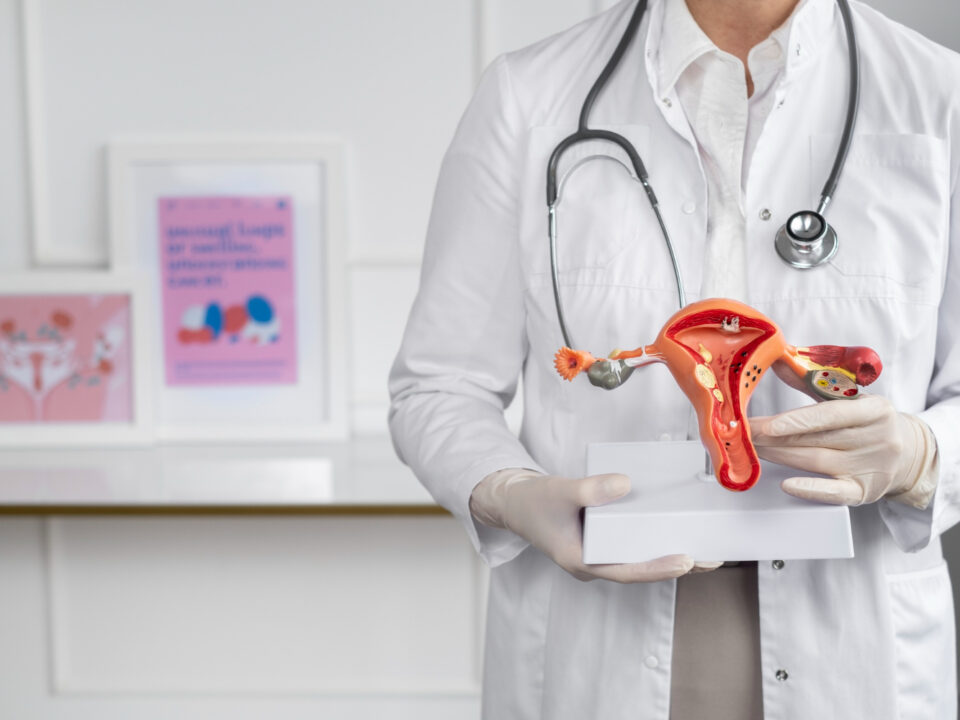
Medications Used Before IVF Egg Retrieval
Mart 27, 2025
Things to Consider After IVF Embryo Transfer
Mart 27, 2025The Type, Role and Importance of Drugs in the IVF Process
The role of medications in the IVF process is critical for a successful outcome. IVF medications ( injections) that are intially used to stimulate the ovaries and increase the number of eggs are called “ gonadotrophines” . The IVF drugs administered during this phase ( controlled ovarian stimulation ) are tailored individually based on each patient’s characteristics like age ,BMI and ovarian reserve and closely monitored during this phase . Adjustments are done if necessary to optimize the ovarian stimulation and every caution is taken to prevent a poor response or an abnormally high response to avoid OHSS ( Ovarian Hyperstimulation Syndrome) that could have a high morbidity . In addition, these are some other medications that allow the eggs to mature at the same time, blocking the signals from the brain that might cause a premature luteinization ( ovulation) thus increasing the number and quality of the eggs collected called “GnRh agonist and antagonists “ which also serve controlled ovarian stimulation along with the Gonadotrophins .
When the time comes for prepare the endometrial lining for embryo transfer ( fresh or frozen ) , some hormonal preparations are used . These Estrogen and Progesterone mimicking medicine thicken the uterine wall and creates a favorable environment for the embryo to attach. Thus, the chances of success increase and couples are more likely to have the family they dream of.
Briefly , the drugs used in the IVF process provide not only physical but also emotional support to couples. With the correct use of drugs, the success rate increases in Assisted reproductive techniques , which is carried out under the guidance of IVF specialist physicians, and couples step into a more hopeful future.The correct use of these drugs plays a critical role in the path to success; therefore, it is of great importance to follow your doctor’s recommendations during the treatment
Dosage and Use of Medicines: What to Pay Attention to?

It’s not surprising that each individual’s body structure and response to treatment is different. Therefore, the treatment protocols and the dosage of medications should be determined individually. Before starting treatment, your doctor will perform a tarnsvaginal ultrason to evaluate your ovaries, assess your hormone level related to ovarian reserve and reproductive system and your general health status to determine the most appropriate medications and dosage for you.
The correct use of the medication is just as important as the dosage. The drugs used in IVF treatment are usually administered by injection and you must follow your doctor’s instructions to the letter. Skipping any dose or administering it incorrectly can negatively affect the success of the treatment.
One of the most important factors to be considered in the use of medication in IVF treatment is personalized dosage adjustment. You can manage this process successfully by staying in constant communication with your doctor and sticking to the recommendations. Remember that with the right information and expert support, it becomes much more possible to achieve your dream result.
What are the side effects of the medications and how to deal with them?
The side effects of the medications used can be a source of concern for many people, especially in processes such as IVF treatment and hormone therapies. However, it is possible to cope with these side effects and there are some strategies to make the process more comfortable.
IVF injections’ that are used for ovarian stimulation most common side effects include mood swings, bloating and mild abdominal pain, often caused by hormonal imbalances. Hormone side effects may include hot flushes, headaches or fatigue. Post-injection symptoms may also include mild redness/ bruises or tenderness at the injection site.
The first step in dealing with these symptoms is to communicate openly with your doctor. If you feel any discomfort, you can consult with your doctor and get the right guidance. Drinking plenty of water, eating a well balanced diet and getting enough rest will also help your body feel better during this process. Remember that each individual’s body response is different, so it is important to create a roadmap that suits your own needs.



